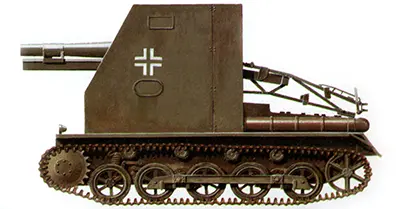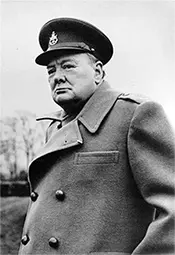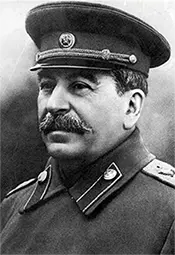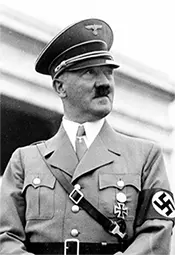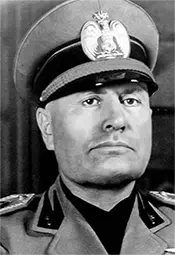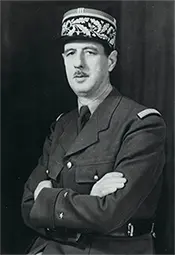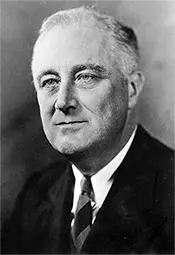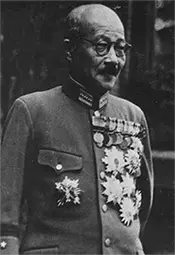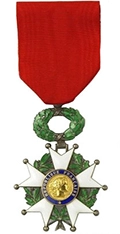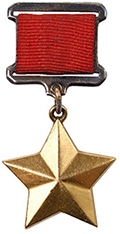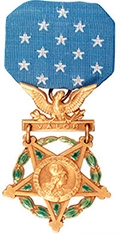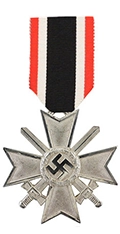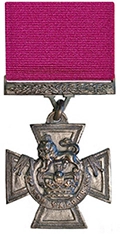On the 1st of September 1939, World War 2 began with Germany's invasion of Poland. France and the United Kingdom honoured their commitments to support Poland, declaring war on the 3rd of September 1939, followed soon after by Australia, New Zealand, Canada, and South Africa. World War 2 would become the most destructive war in human history, fought across vast areas of Europe, Africa, Asia, the Pacific and Atlantic Oceans, ultimately dragging more than 50 countries into the conflict and resulting in the deaths of around 60 million people. During the initial three years of the war, Germany and Italy would achieve victories in Poland, France, Norway, the Balkans, Russia, and North Africa, along with successes enjoyed by Japan following their entry into the war at Pearl Harbor, Singapore, and the Philippines before being decisively defeated in mid and late 1942 at the pivotal battles of Midway, El Alamein, and Stalingrad.
These defeats would signal, as Churchill described it following the Battle of El Alamein, 'the End of the Beginning,' and force the Axis into a gradual, but inevitable retreat from all their previous gains. During this retreat, they would suffer significant defeats at Kursk, Sicily, and in the Solomon Islands.
With the surrender of Italy in September 1943, Germany and Japan found themselves fighting a defensive war, suffering further defeats at Kiev, Leningrad, Monte Cassino, and in Normandy. These, along with the destruction of Army Group Center on the Eastern Front during the Red Army's massive summer 1944 offensive 'Operation Bagration' and the battles of Leyte Gulf which signalled the beginning of the American effort to recapture the Philippines, made the future look bleak.
Pressed back by late 1944 to almost their pre-war borders, there was to be no escape from final defeat for either Germany or Japan. Further defeats for both would be seen in the Ardennes, Hungary, Burma, and Okinawa, but following Hitler's suicide on the 30th of April 1945, Germany surrendered on the 7th of May. Japan followed suit just a few months later on the 14th of August, following the devastating U.S. atomic bomb attacks against Hiroshima and Nagasaki and the Soviet Union's entry into the war against them. With the war over, it was left for the world to discover the true horrors of the atrocities that had been perpetrated by Germany and Japan on those they had conquered. The aftermath of World War 2 was marked by significant changes, with the power and influence of the United Kingdom and France declining, to be replaced by that of the United States and the Soviet Union. The unity that had sustained the Allies during the war was now over and was to be replaced by the mistrust and rivalry of the Cold War.
The above introduction can give only a very brief overview of World War 2, but you can find out much more by exploring the pages within World-War-2.org, which will help you uncover the detail and the complexity of the politics leading up to the war as well as link together the individual timelines of battles and operational campaigns to provide you with the bigger picture. Enjoy your journey!


